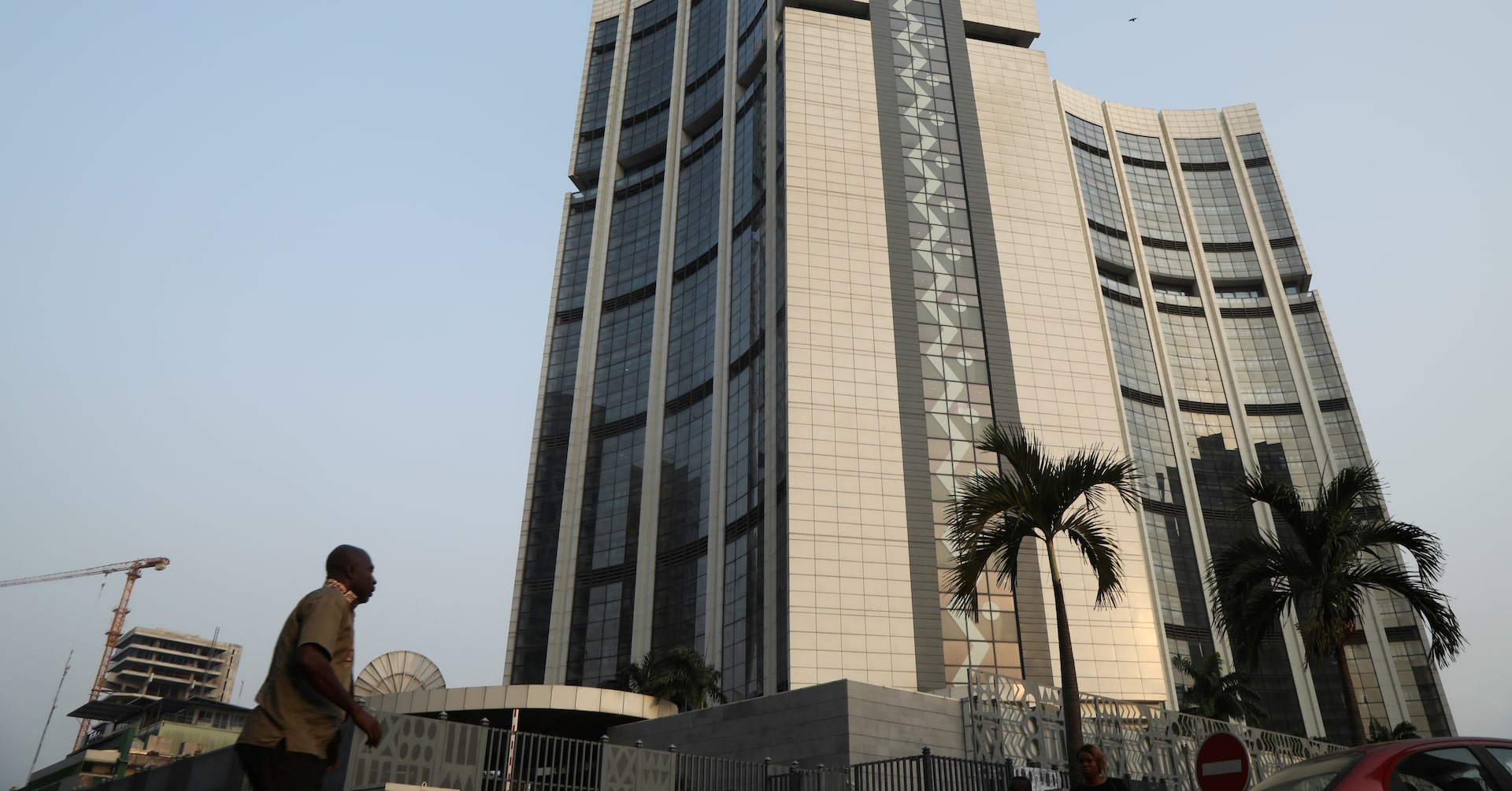Africa's Financial Lifeline: Can a New Stability Fund Break the Debt Deadlock?

Angola is set to leverage its leadership of the African Union in 2024 to champion a groundbreaking continental financial safety net. The country's finance minister revealed an ambitious plan to create a robust financial stability mechanism designed to protect African economies from potential liquidity crises triggered by external debt obligations.
This strategic initiative aims to provide a critical buffer for African nations, helping them navigate the complex challenges of international debt repayments and economic volatility. By establishing a continent-wide financial protection framework, Angola hopes to strengthen economic resilience and provide member states with a crucial lifeline during financial uncertainties.
The proposed mechanism represents a proactive approach to economic management, signaling a collective commitment to financial stability and sustainable development across the African continent. As Angola takes the helm of the African Union, this innovative strategy could mark a significant turning point in how African countries collaborate to address shared economic challenges.
